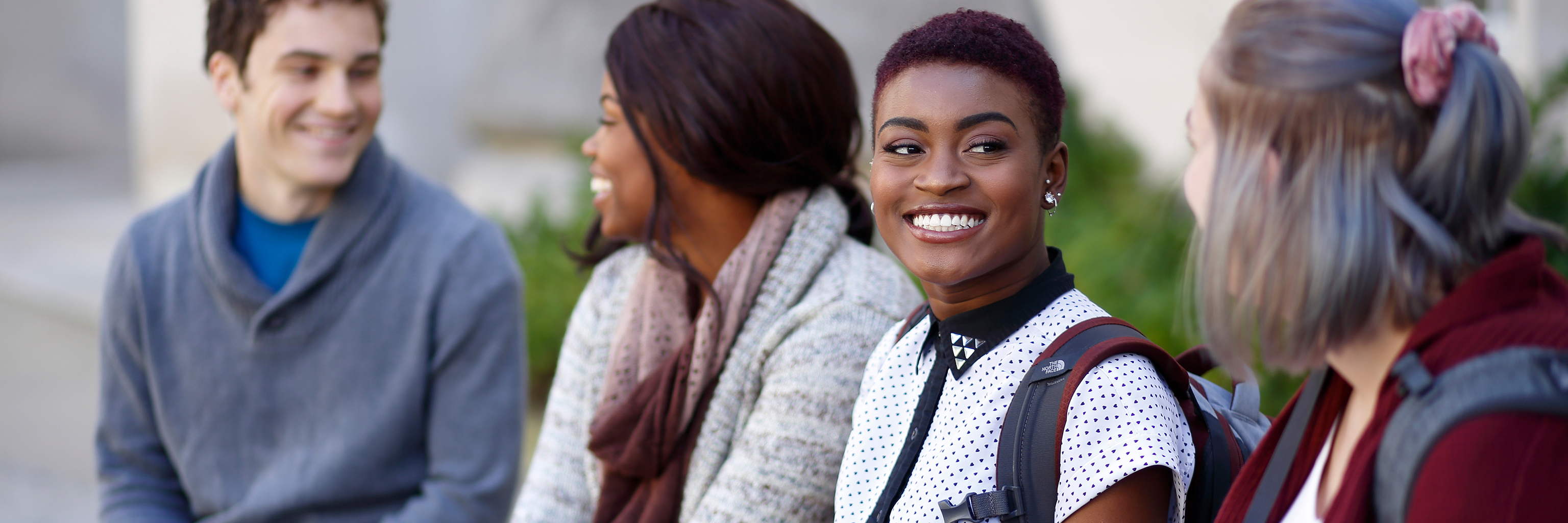The honors program in the Department of Speech, Language and Hearing Sciences is open to academically talented and motivated students who wish to engage in independent study and research under the close supervision of a faculty advisor. All juniors with an overall GPA of 3.5 or better are eligible for participation. Successful applicants are admitted to the program in the spring of their junior year.
Department of Speech, Language and Hearing Sciences social media channels
- College of Arts & Sciences
- Department of Speech, Language and Hearing Sciences

 The College of Arts
The College of Arts